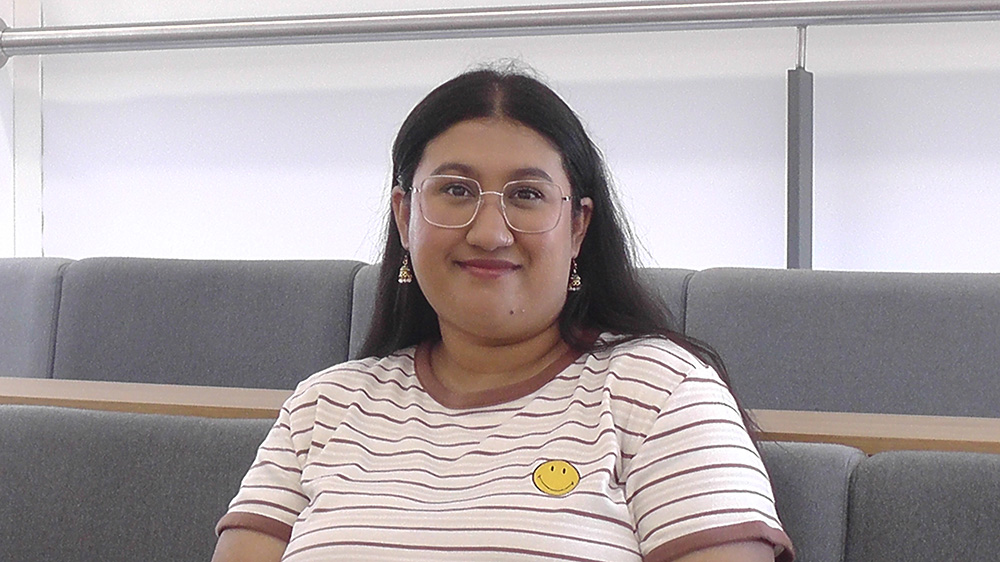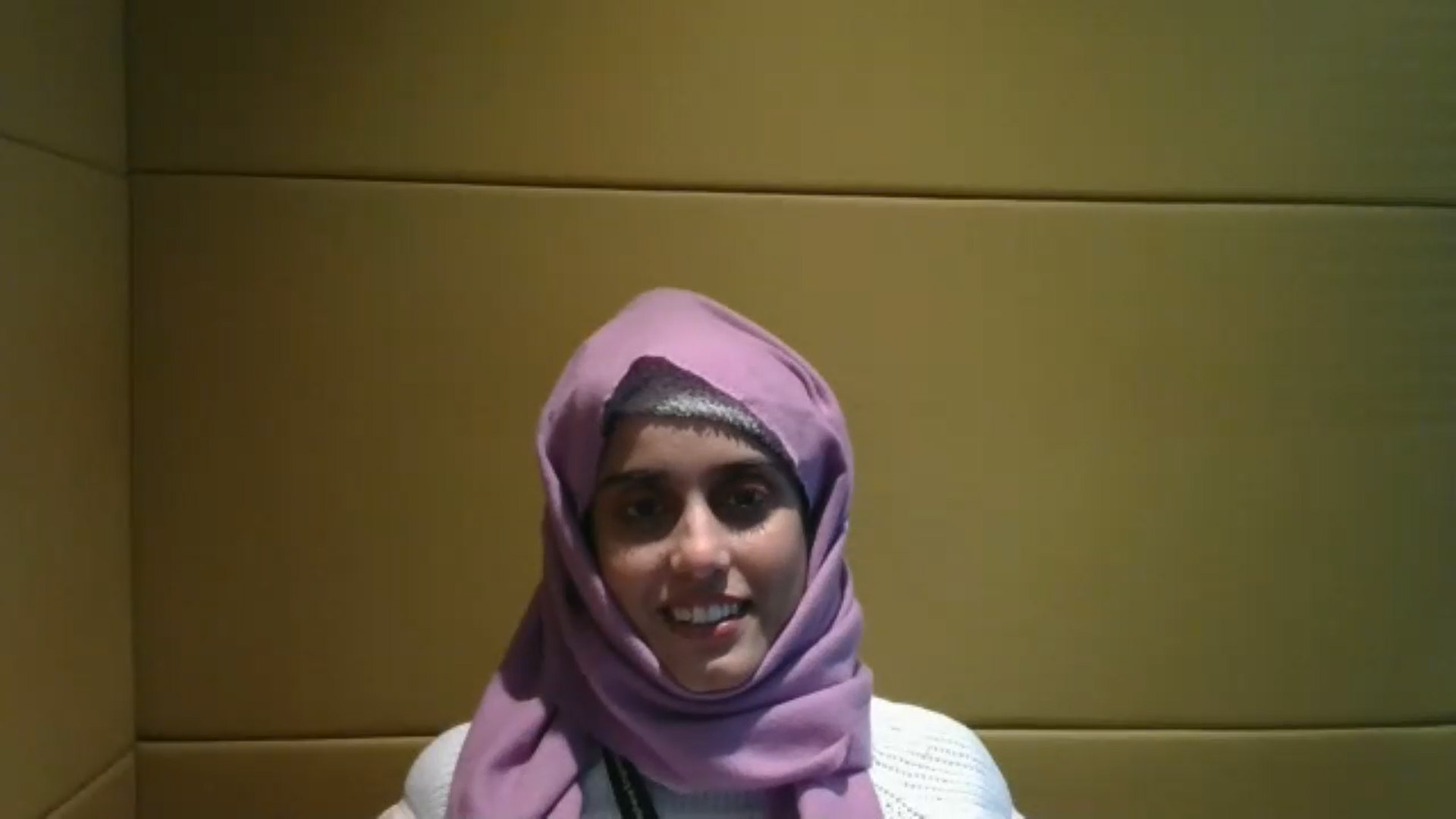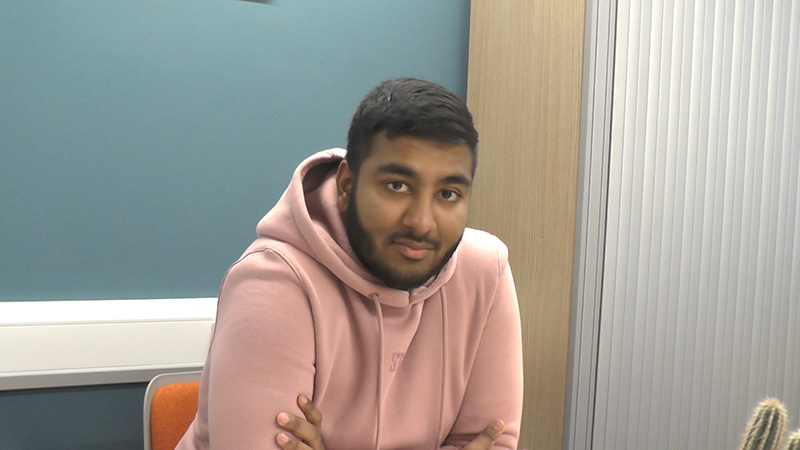"Moving on"
As you progress towards the completion of your Science Extended Degree, you will find that you will have many thoughts about what will be right, and potentially as many people telling you what you should be doing. You will have many options available to you - so it's important to take some time to really consider what option is right.
Don't blindly follow what other people are doing or telling you to do. Explore your options. Consider what will make you happy. Weigh up what you really want and focus on working towards achieving it.
Making Informed Decisions
When it comes to thinking about 'what comes next', it's crucial to consider how you will make the best choices for you.
Explore your course options
The University offers a range of exciting and interesting courses in the sciences. Whilst you may think you have an idea of what you want to study for your degree, it is advisable that you take time to become aware of all your options. You never know what might pique your interest. Also, if you are planning on studying a degree because you (or others) believe it's more prestigious or that it will offer you greater prospects and security, it's advisable that you explore the options and salaries for different roles to ensure you have the whole picture.
It's also worth considering, depending on your progress and the commitment you’ve made to your studies so far, that your future course options may be more limited than you thought. For a lot of popular courses, fierce competition from internal applicants on the SED and externally from UCAS applicants may result in few places being available. There are strict thresholds for progression to Optometry and Pharmacy. It is therefore advisable that you come up with a “Plan B”. You may need to review your options and be realistic about what opportunities are available to you.
It might mean you need to have challenging conversations with family members and friends about your options and you may find this particularly difficult if you feel there are expectations of you that you may no longer be able to achieve. As such, make sure you’re well informed on alternative paths you can take so that those conversations can be made a little easier. Sometimes, being able to explain what prospects your other choices can give you, such as future job roles, progression opportunities, and salary information, may help. You may find Beemish's story helpful to see how other options to the ones you originally set out to do can lead to highly prestigious, successful, and well-paid careers. Support is also available from your PAT.
Note: Information on options with degrees is provided by Prospects.ac.uk. Whilst we offer you a glimpse of what job options there are and what salaries are achievable, we always advise you conduct your own further research. For example, some options may require you to engage with further study to get into certain related roles, or to reach higher levels of responsibility.
Biochemistry
From the tallest tree to the smallest cell, all life stems from biochemical processes.
Medical Biochemistry
Focus on a field that has made major contributions to the development of new drugs and the treatment of diseases.
Biology (Molecular and Cellular)
From developing effective vaccines to advances in DNA forensics, molecular and cellular biology has been behind many modern scientific breakthroughs.
Biological Sciences
Biological Sciences is a fascinating subject area and it’s related to our everyday existence.
Biomedical Science
Practise the skills relevant to working in a clinical laboratory, exploring key subject areas such as blood science, anatomy, physiology and pathology.
Biomedicine
In Biomedicine you’ll be able to focus on the biology of human disease while building your knowledge across biochemistry, pharmacology and genetics.
Chemistry
Chemistry is often called the “central science” as it connects the life sciences with applied sciences such as medicine and engineering.
Chemical Engineering
Chemical engineers are changing the ways in which we meet our needs for food, water, energy and materials.
Forensic Science
Learn forensic techniques such as fingerprinting, crime scene procedures, and examining evidence in purpose-built labs and crime scene facilities.
Optometry
Learn the skills and knowledge required to be an optometrist, such as detecting vision defects or ocular diseases.
Pharmacy
The Pharmacy MPharm degree offers a varied learning experience, giving you the chance to gain a strong foundation in the pharmaceutical sciences.
Pharmacology
Want to play your part in discovering new treatments in a fast-paced industry responding to a rapidly changing world?
Pharmaceutical Chemistry
The subject plays a huge role in drug design and discovery, from treating diabetes to curing cancer.
Student stories
Many students have been through the same process as you and have gone on to have some fabulous careers in many areas of Science. Some took routes that they had never expected and are reaping the rewards for carefully choosing their paths.

Aniqah's Story
Aniqah tells us what she's up to since leaving studies, and how her subject, Chemistry, has led to gaining employment in a well paid role.

Beemish's story
Discover how Beemish is now the owner of her own company after following her own path instead of what others wanted.

Adeel's Story
Discover what inspired Adeel to study Geography and the job he secured with his degree.

Celma's Story
Listen to Celma's experience of studying the SED and progressing to a Physician's Associate course.
Guidance on how to make decisions
This section guides you through several steps which will ensure you have given yourself the best possible knowledge and awareness of what is on offer to you, and how you should be using this to help you make decisions about the option which will best suit you.
1. Self awareness
Start with self awareness. When considering your options, it’s important to put yourself at the centre.
2. Opportunity awareness
Next explore opportunity awareness. It’s very hard to make a good decision when you only know half the picture.
3. Decision making
Time for decision making. Making decisions can be hard, it’s a skill that takes time to develop.
4. Transition
Next, it's time to plan and submit your application for the next step in your academic adventure.